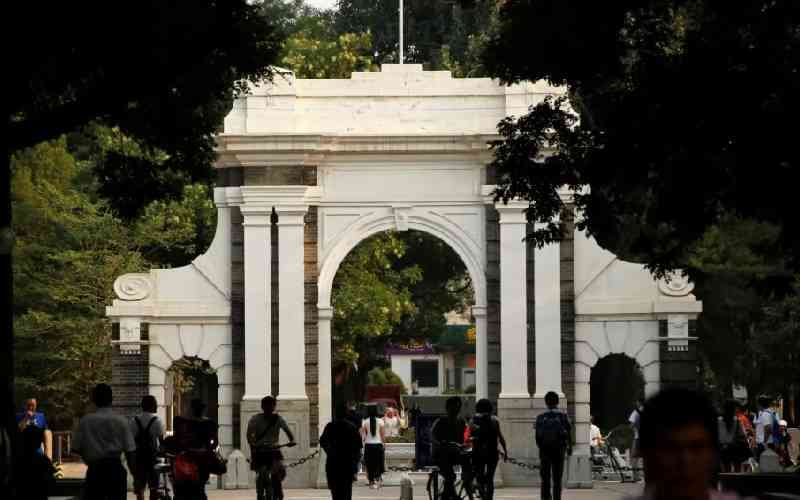
Students from China and the U.S. have been traveling between the two countries for decades, playing an important role in cultivating people-to-people ties between the world's top two economies. However, rising tension between Beijing and Washington in recent years is posing serious threats to this tradition.
During a talk at the Brookings Institute in Washington last week, U.S. ambassador to China Nicholas Burns said there were 15,000 American students in China "six or seven years ago," but that number dropped to 350 in 2022. While the number of American students rebounded to 700 in 2023, Burns said the number doesn't represent interest by Washington.